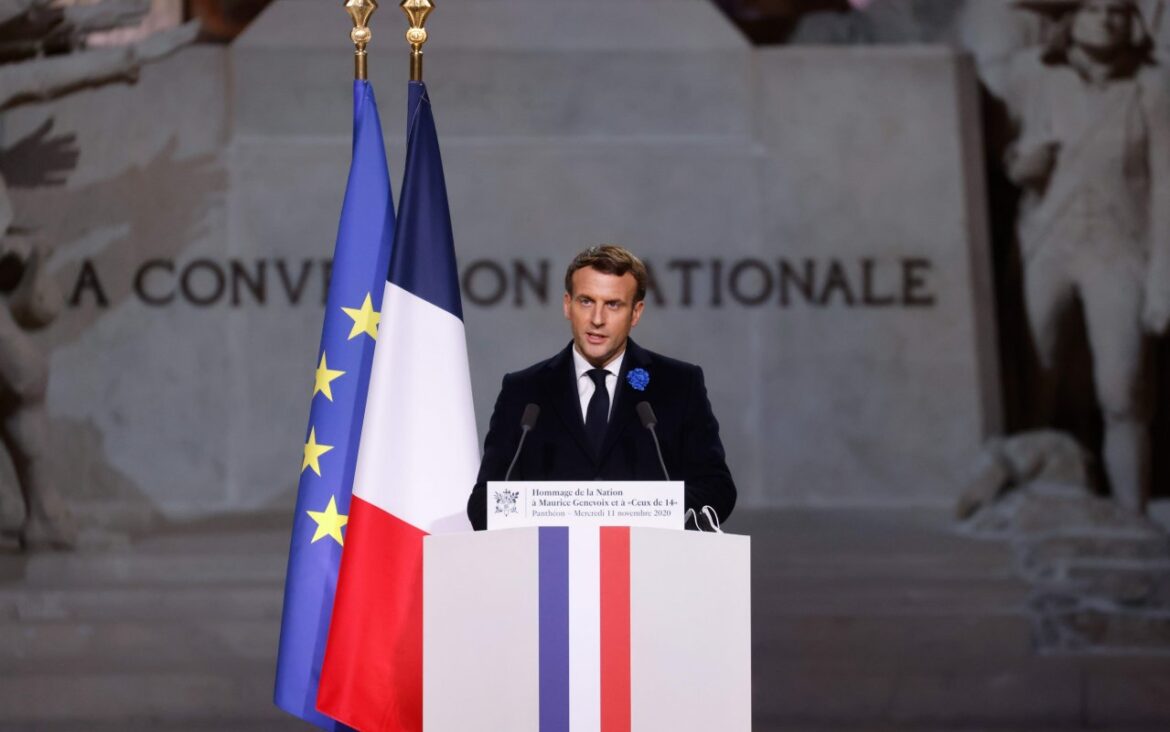The trajectory of religion in France presents a fascinating study, especially when one contemplates the transformative journey from Catholicism to secularism. For centuries, Catholicism served as the bedrock of French identity, shaping cultural mores, artistic expressions, and social values. France has long been recognized as a bastion of Roman Catholicism, yet the contemporary landscape illustrates a profound shift towards secularism that raises intriguing questions about the role of religion in modern society.
Historically, the connection between Catholicism and the French state was indelible. The Catholic Church wielded immense influence; clerics were among the most powerful figures in society. This relationship was codified in the Concordat of 1801, which established Catholicism as the ‘religion of the majority’ while acknowledging the freedoms of other faiths. However, this arrangement ultimately began to sour as the dynamics of power shifted during the 19th and 20th centuries. The rise of Enlightenment thought heralded a new age wherein reason superseded dogma—a transformation that deeply influenced the public’s perception of religion.
One cannot address the evolution of French religion without acknowledging the fervent secularism enshrined in the Law of 1905, which established the separation of church and state. This pivotal moment represented more than mere legal transformation; it signified a societal shift toward an increasingly pluralistic worldview. By prohibiting public funding for religious institutions and asserting the neutrality of the state regarding all religions, France created a framework that set it apart from many other Western nations. Yet, this commitment to secularism also opened the door to skepticism and, for some, outright disdain for organized religion.
Secularism in France—laïcité—has become a touchstone not just for governance but also for cultural identity. The secular ethos is rooted in the revolutionary slogan of “liberté, égalité, fraternité,” reflecting a commitment to individual freedoms and equality without religious dictation. This philosophical underpinning has engendered an atmosphere where public expressions of faith are often perceived as symptomatic of a divisive past. Consequently, the presence of Catholicism in the public square has been increasingly scrutinized.
The French perspective on religion has also been complicated by the ethnocultural dynamics within its borders. The influx of Muslim immigrants, particularly from North Africa, has prompted debates regarding the country’s secular values. The visibility of Islam, manifested through the hijab and other cultural markers, has become a flashpoint for discussions about integration, tolerance, and the limits of laïcité. In many ways, the reaction to the Muslim community reaffirms the national commitment to secularism but also highlights the paradox of a nation historically defined by its Catholic roots grappling with an increasingly diverse religious landscape.
Furthermore, as secularism continues to expand its reach, one observes trends that could be classified as a spiritual vacuum—a yearning for meaning that transcends conventional religious structures. Reports indicate growing interest in spiritual practices such as meditation, mindfulness, and new-age philosophies, revealing a nuanced exploration of spirituality divorced from traditional religious affiliations. It suggests that while institutional religion may be losing its grip, the human desire for transcendence persists. This, in some ways, mirrors the early Christian journey, where spirituality sought refuge amidst the chaos of a secularizing world.
At the same time, the critique of secularism highlights a deep-seated concern about moral relativism. Many argue that a society devoid of religious underpinnings is devoid of a moral compass, leading to a disintegration of shared ethical standards. The erosion of traditional values often prompts questions about what constitutes good governance, social justice, and individual responsibility. This dissonance is particularly pronounced in the context of contemporary social issues—such as debates over bioethics, family structures, and environmental stewardship—where religious principles can provide foundational guidance.
The interaction between religion and the state in France thus becomes a prism through which broader societal values and conflicts can be understood. Symbols and practices rooted in Catholic tradition remain entrenched in cultural celebrations and national holidays. Events such as Christmas and Easter are less about religious observance and more about communal and familial gatherings, inadvertently reinforcing an identity shaped by the very faith that many wish to distance from contemporary governance.
Despite the apparent decline of Catholicism as a dominant religious force, its influences endure in the national ethos, ranging from popular culture to moral discourses. The Catholic Church in France today faces the dual challenge of maintaining relevance in an increasingly secular society while confronting its historical legacies, including its role in colonialism and the recent clergy abuse scandals. This juxtaposition often elicits a critical examination of the Church’s past, reinforcing a discourse of accountability that is prevalent across global religious institutions.
In examining the French religious landscape, one uncovers a complex tapestry woven from threads of history, culture, and philosophy. The transition from a predominantly Catholic society to one that espouses secularism reflects not only changes in belief systems but also deeper currents of identity and community. As France grapples with the implications of its secular commitment, the dialogue around religion becomes even more essential—not merely as a relic of the past but as a living discourse informing the present and shaping the future.



